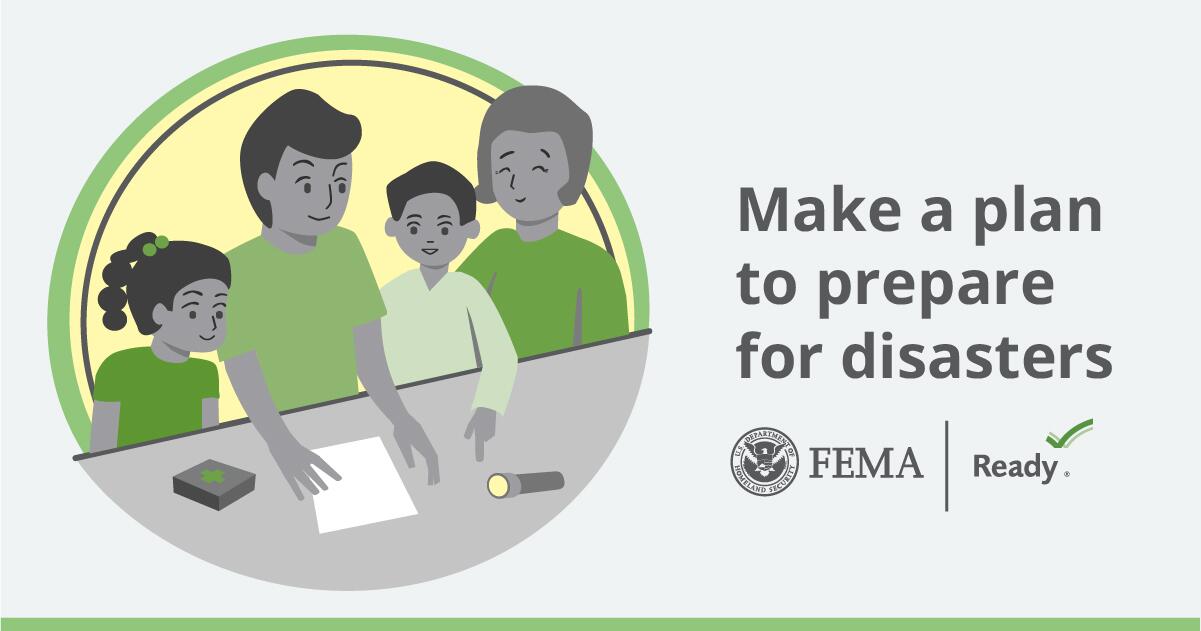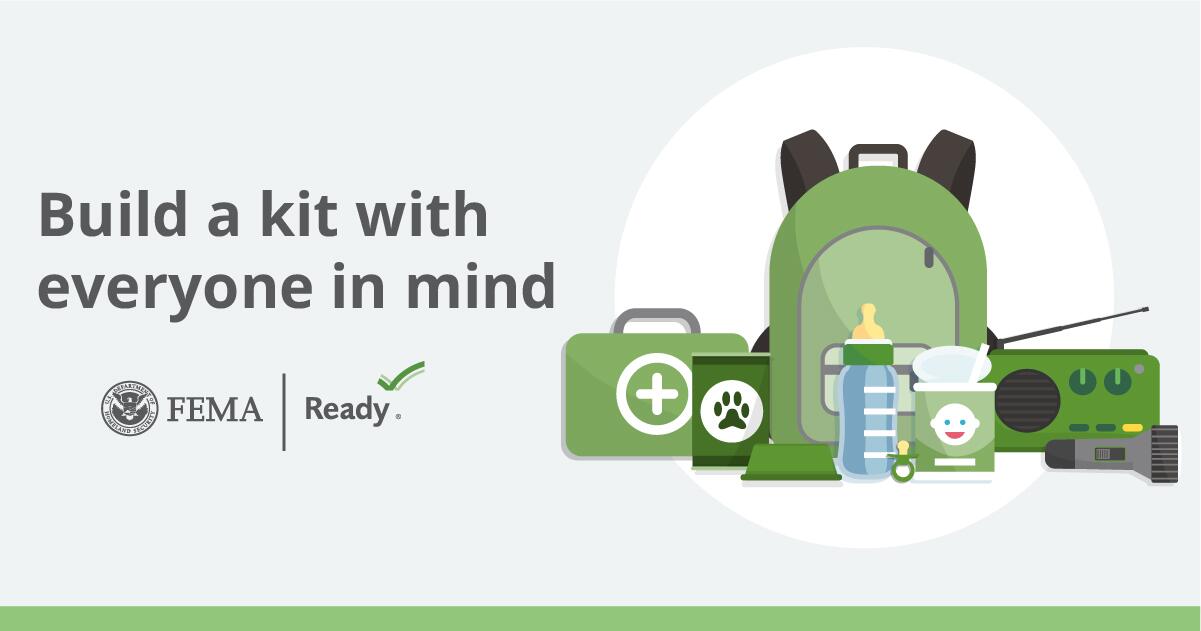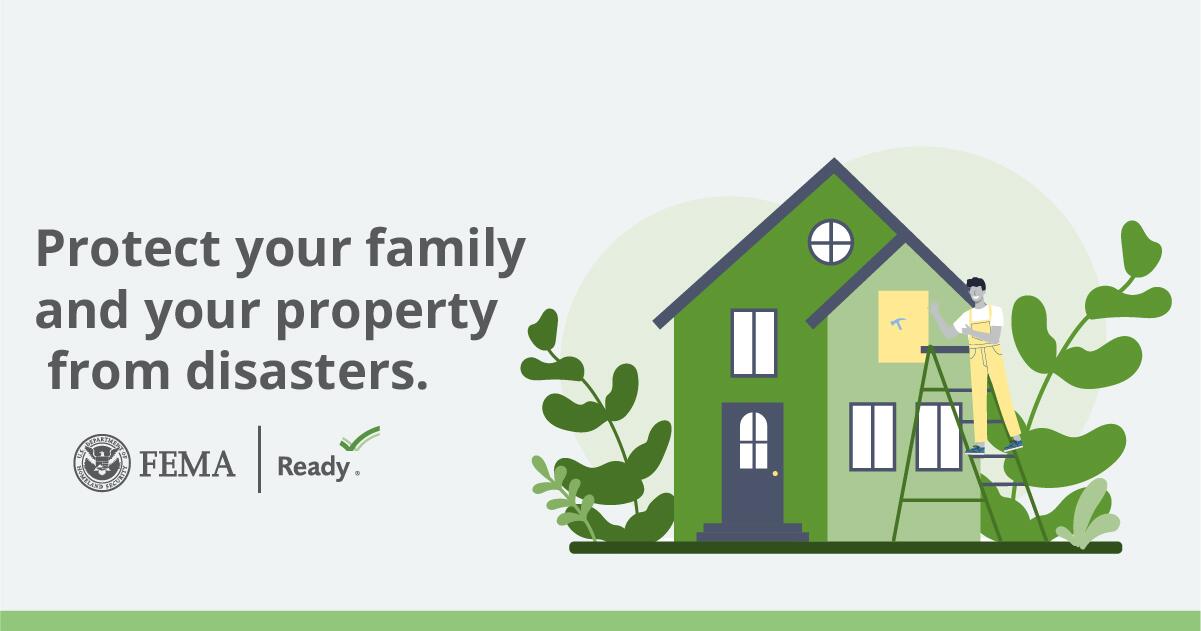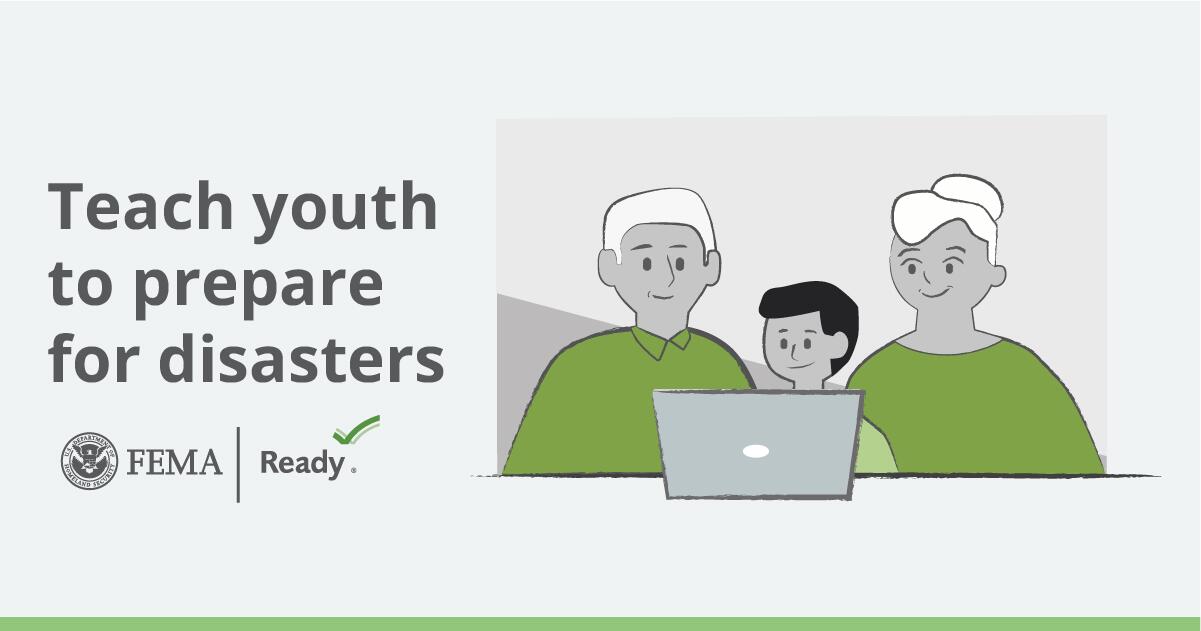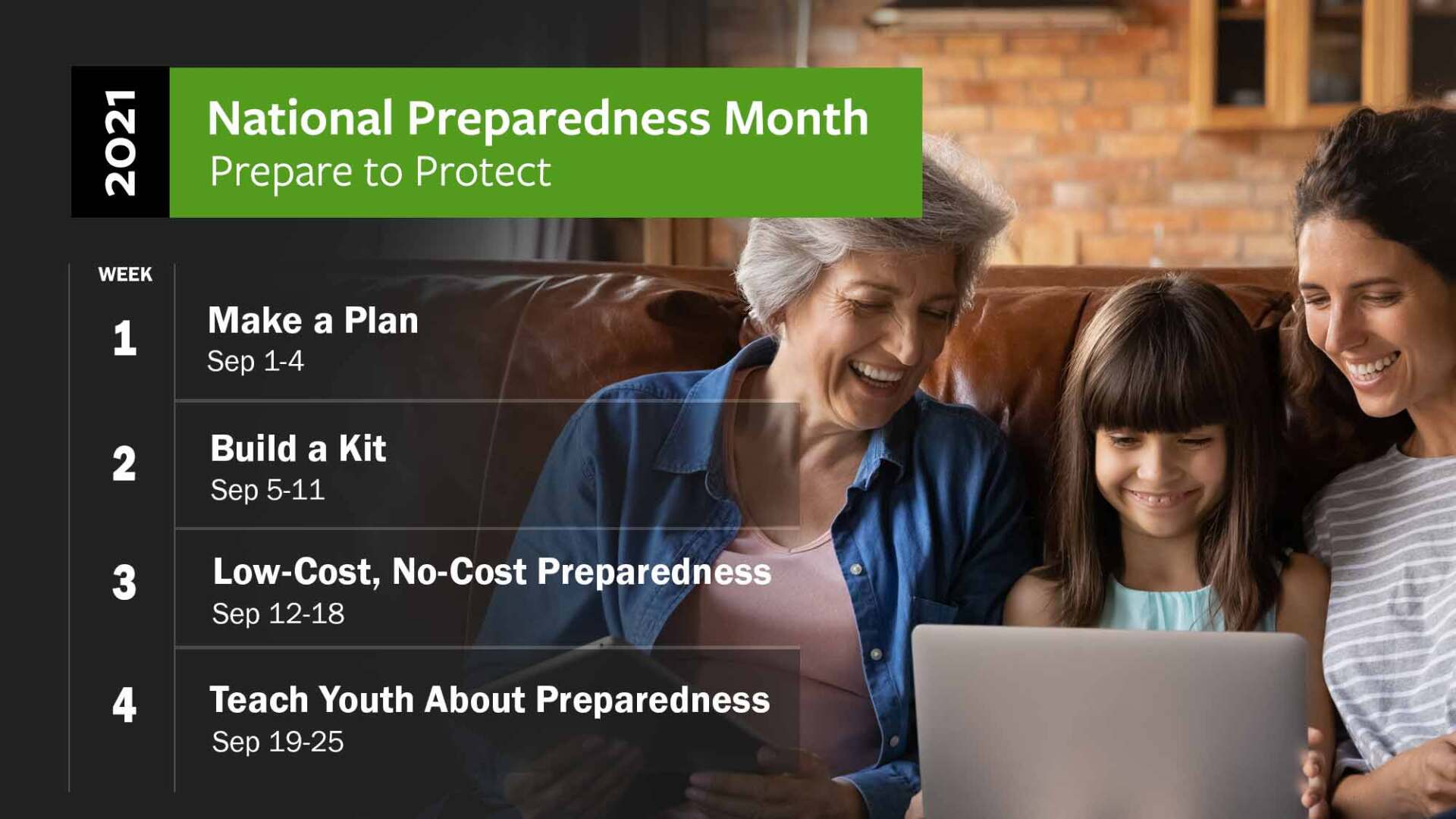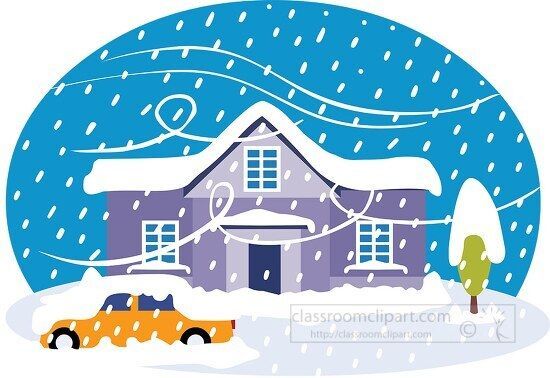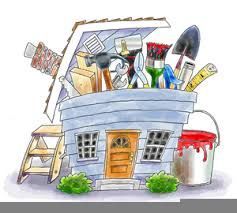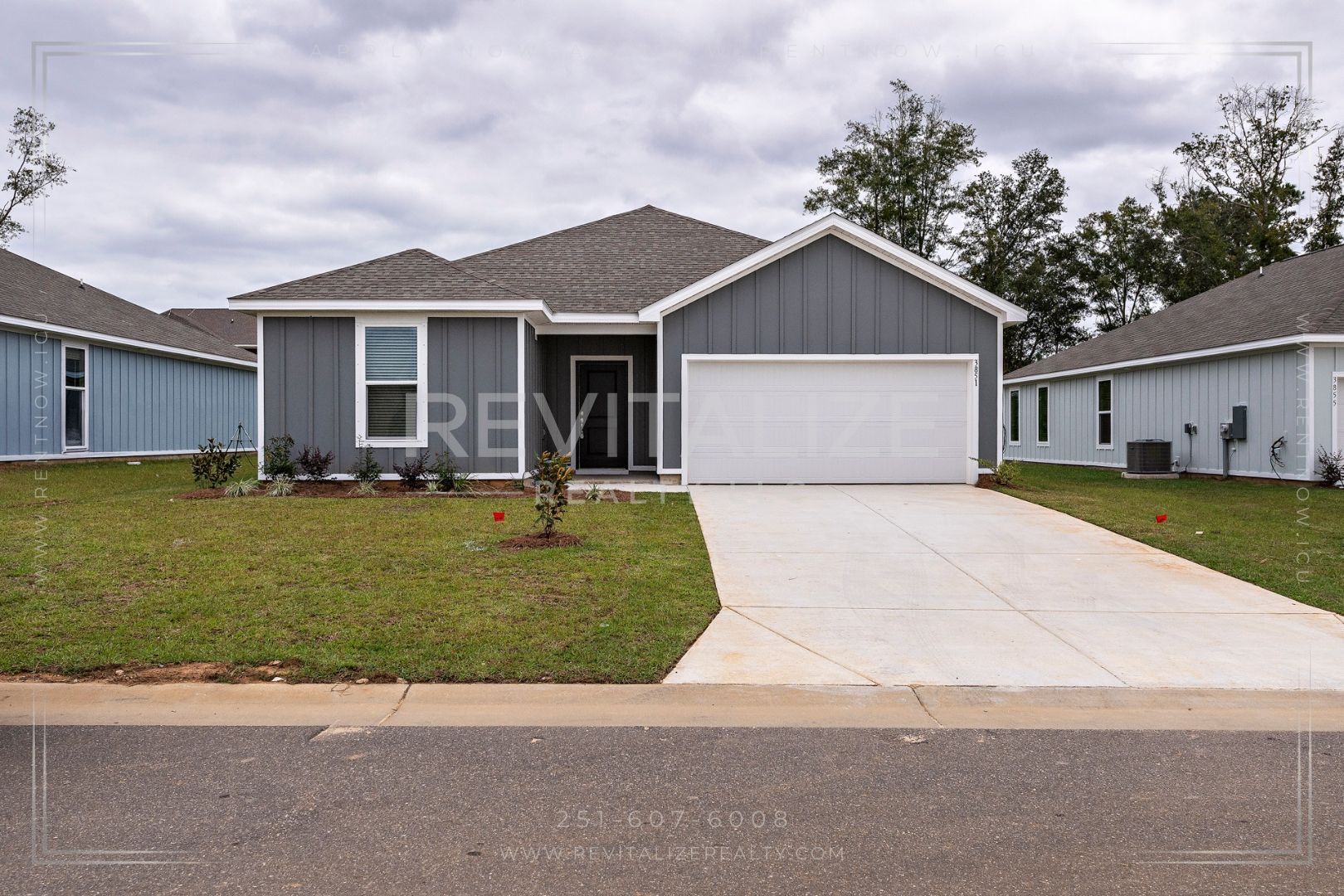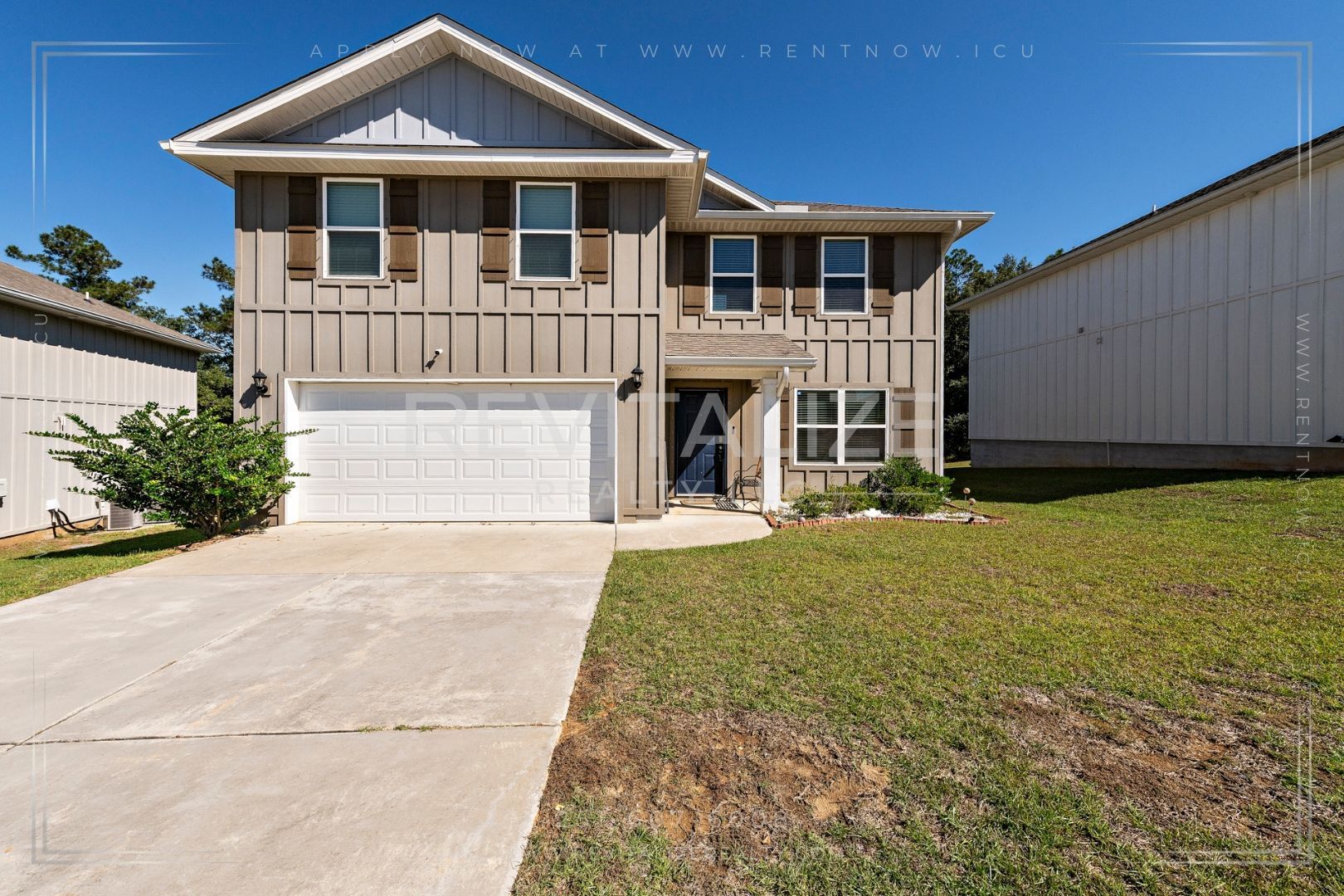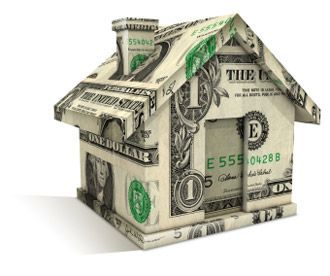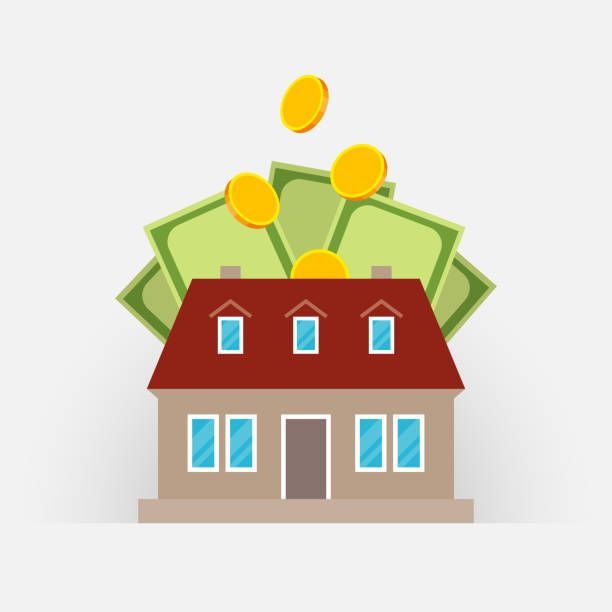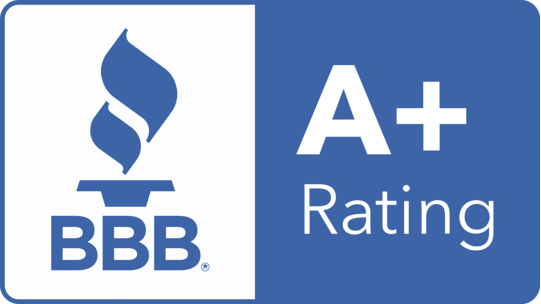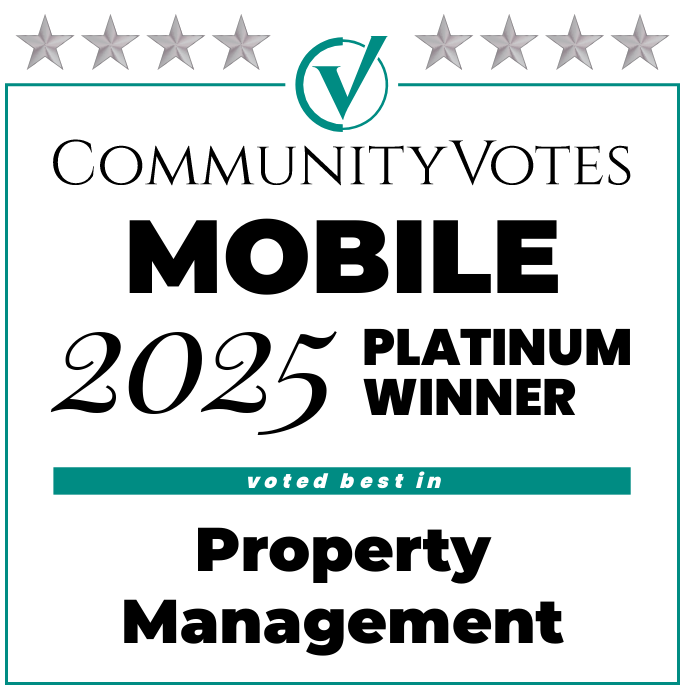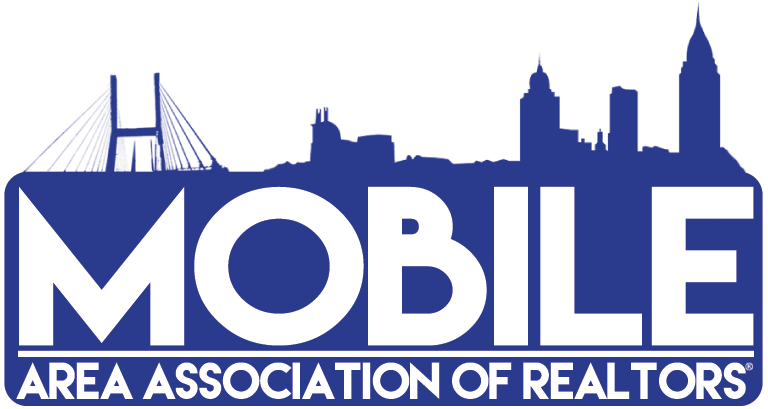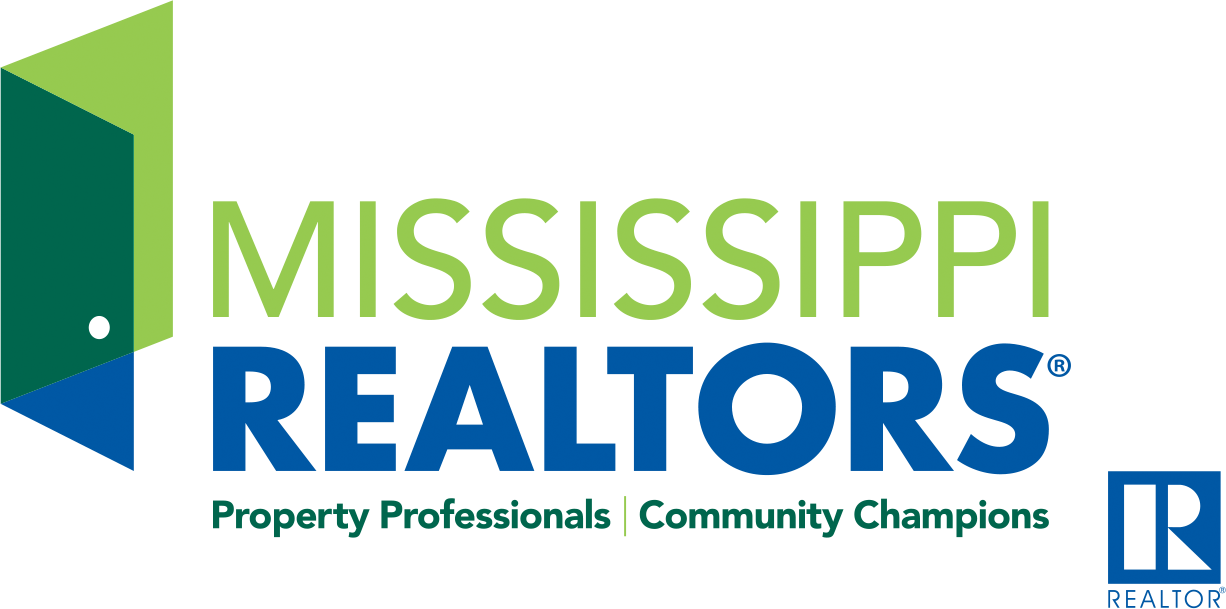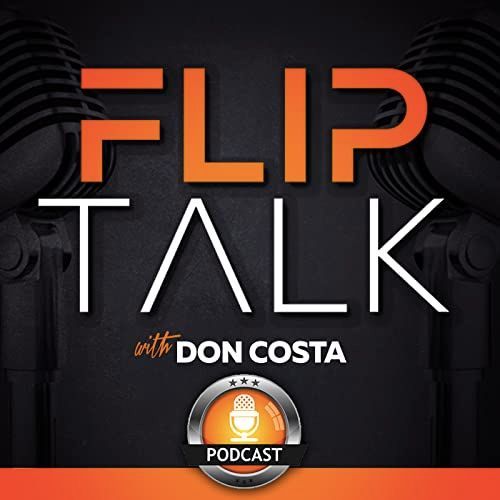How to Be Prepared for Local Disasters in 2021 with Links to Free Resources
Let's get prepared for National Preparedness Month!
In lieu of hurricane season being in town and September being National Preparedness Month to raise awareness about the importance of being ready for emergencies and disasters that can occur at any time, our team at Revitalize Realty would like to share the following resources to help residents and homeowners know what to do in case of a disastrous situation.
According to Ready.gov, this year’s theme is “Prepare to Protect. Preparing for disasters is protecting everyone you love.” They’ve also put together some great weekly themes to help you take it step-by-step in getting prepared.
- Week of September 1-4: Make A Plan
- Week of September 5-11: Build A Kit
- Week of September 12-18: Low-Cost, No-Cost Preparedness
- Week of September 19-25: Teach Youth About Preparedness
Make A Plan
Your family may not all be in one place when a disaster takes place, so it’s important to know what disasters could affect your area, how you’ll contact one another, and reconnect if separated. Have a conversation with your friends and family about what you would do during, before, and after an emergency. Update these plans based on the Centers for Disease Control recommendations due to COVID-19.
Try answering the following questions to help you plan:
- How will I receive emergency alerts and warnings?
- What is my shelter plan?
- What is my evacuation route?
- What is my family/household communication plan?
- Do I need to update my emergency preparedness kit?
- What updates to my emergency plans should I make according to the recommendations regarding Coronavirus from the Centers for Disease Control (CDC)?
To ensure your plan is tailored to you, discuss specific living needs and responsibilities. For example: do you have children? Do they go to school or daycare where someone can pick them up if needed? Are there any medical equipment that require care throughout the day such as blood pressure monitors or oxygen tanks? You may want to build personal networks for specific areas where you need assistance like family members near-by who are able bodied will be helpful if there is an emergency that requires assistance.
You’ll also need to create a comprehensive list of emergency contact numbers. A good one to add if you are renting a property managed by Revitalize Realty, is our
Revitalize Realty Emergency Maintenance Number is (251) 472-9689. This phone number is used for after hours and holiday emergencies only. Make sure you take note of it so you will know who to call in case of a maintenance emergency that cannot wait until the next business day.
Though the emergency maintenance line is available to all Revitalize Realty residents, it is not a replacement for 911 Emergency Assistance. If you are experiencing a life threatening emergency such as a fire or flooding, please direct your call to 911.
Download this free PDF from Ready.gov to create your own family emergency plan.
Build A Kit
After a disaster occurs, you and your family may need to survive on your own for several days without food, water, or electricity. Being prepared means you’ll have everything you need to sit tight as you wait out the storm. Everyone living in your home should have their own emergency kit in case of a disaster, and you must take into consideration the unique needs each person or pet has. Update your kits based on recommendations from the Centers for Disease Control (CDC).
What to include in a basic emergency kit
- Water (at minimum one gallon per person per day for several days, for drinking and sanitation purposes)
- Food (at minimum three-days worth of non-perishable food)
- A battery-powered or hand crank radio and a NOAA Weather Radio with tone alert
- A flashlight
- First aid kit
- Extra batteries for flashlight or radio
- A whistle (these are useful to signal for help)
- Dust mask (to help filter contaminated air)
- Plastic sheeting and duct tape (in case you need to “shelter in place”)
- Wet wipes and garbage bags (for personal sanitation)
- A wrench or pliers (to turn off utilities)
- A manual can opener (for food)
- Local maps
- A working cell phone with chargers and a backup battery
You’ll want to add to your emergency kit depending on your individual needs, such as medications, pet food, important documents such as copies of insurance policies, feminine supplies, or baby supplies.
Download this PDF from Ready.gov for an Emergency Supply Kit Checklist.
After assembling your kit, you’ll need to maintain it so that it’s ready whenever you need it. Make sure to keep canned food in a cool, dry place and that boxed food is kept in tightly closed containers. Replace expired items as needed and reevaluate your needs and update your kits every year as your family’s needs change. Some good places to keep emergency kits ready are at Home, Work, and in your Car.
Low-Cost, No-Cost Preparedness
Be aware of the risks and dangers that disasters pose to your home. Make sure you make it stronger by following these tips on how to protect yourself in case a disaster occurs: learn what precautions are recommended for certain types of hazards, check if your insurance is up-to-date so that everything will be covered in emergencies, etc.
Areas along the Gulf Coast, including areas in Mobile and Baldwin County, Alabama, and Jones County, Mississippi are most susceptible to severe weather such as:
- Flooding
- Hurricanes
- Thunderstorms and lightning
- And more
How to prepare for a flood:
Know your Risk for Floods
Be sure to visit FEMA's Flood Map Service Center and understand your flood risk in order to protect yourself. Don't forget about signing up for a community warning system, such as the Emergency Alert System (EAS) or National Oceanic and Atmospheric Administration (NOAA) Weather Radio which will alert you of any emergencies that require immediate action.
Purchase Flood Insurance
If you're living in an area that is prone to flooding, such as coastal regions like Florida and Louisiana or areas with heavy rainfall near rivers and lakes throughout the Midwest, then buying a flood insurance policy might be for you. Flood coverage under your homeowner's insurance plan doesn't cover floods so it’s better to get this separate NFIP (National Flood Insurance Program) policy before disaster strikes because usually policies take up to 30 days to go into effect after being purchased.
How to prepare for hurricanes:
Know your Hurricane Risk
Hurricanes are more than just a coastal problem. They can have catastrophic effects in areas far from where they make landfall, including inland rainfall and wind damage as well as tornadoes resulting from the storm's rotation. As hurricane season arrives this year, it’s important to start preparing now so you know what steps you need to take if one of these storms strikes your area!
Know your Evacuation Zone
You might have to evacuate your home quickly due to a hurricane if you live in an evacuation zone. Make sure that you know the routes out of town, practice getting everyone together (including pets!) and packed up into cars, and identify a safe place you can stay in an emergency situation.
- Make sure that everyone knows their county's Emergency Management Agency (EMA) website so they know who will provide them information during a hurricane or other disaster event; while local EMA resources are likely the most up-to-date source for recommendations in times like these, state government websites may also share helpful alerts from FEMA about evacuations/risks as well as what residents should do after disasters happen such as hurricanes.
Here is a list of some local EMA websites in areas we currently manage properties in:
- Mobile County Emergency Management Agency (https://www.mcema.net/)
- Baldwin County Emergency Management Agency (https://baldwincountyal.gov/departments/emergency-management-agency)
- Jones County Emergency Operations Center (http://www.joneseoc.com/)
- Forrest County Emergency Management District (http://forresteoc.com/)
- Jackson County Emergency Management Agency (https://jacksoncountyal.gov/241/EMA)
Recognize Warnings and Alerts
There are several ways to receive alerts. The FEMA app allows you to get real-time updates from the National Weather Service for up to five locations nationwide. Sign up for any community alerts available in your area and stay aware of the Emergency Alert System (EAS) and Wireless Emergency Alert (WEA)- which does not require sign up.
Make Copies of Important Documents
Be sure to have current copies of your insurance policies and personal documents like ID. Having an updated copy stored in a secure password protected digital space is also a great way to be prepared for unforeseen events that might arise.
Reinforce your Home
Before the hurricane, make sure to declutter drains and gutters. Also bring in outside furniture so it doesn't fly away during a storm. Finally consider installing hurricane shutters before the worst happens!
Prepare for Power Outages
No one likes to be caught off guard by a hurricane, but power outages are common during major storms. Prepare yourself by keeping your phone charged and purchasing backup charging devices for electronic devices.
Help your Community
If possible, also check with the neighbors, senior adults or those who may need additional help securing their hurricane plans to see how you can be of assistance.
Gather Supplies
You definitely want to have some supplies for your household in case of a hurricane. These include medication, disinfectant supplies, masks and pet stuff like food and leashes. It is recommended that you keep these things either at home or in the car so even if there's damage from the storm it will be accessible in one way or another. After a hurricane, you may not have access to purchase supplies for days or even weeks.
- During an emergency, one should only stock up on what they need in order to protect those who aren't able to buy essentials in advance. For those who can afford to do so, it may be wise to stock up on necessities and slowly build a stockpile of essentials in advance.
How to prepare for thunderstorms and lightning:
Know your Risk
A thunderstorm can happen at any hour, and in most places they occur year-round. To stay informed about your area's risk for them, sign up to receive warning alerts from your community’s warning system. The Emergency Alert System (EAS) or National Oceanic and Atmospheric Administration (NOAA) Weather Radio provide emergency alerts as well.
Strengthen your Home
To better protect your home, cut down or trim any trees that may be in danger of falling on the house. You can also buy surge protectors and lightning rods or a lightning protection system for extra protection against power surges and lighting strikes.
Teach Youth About Preparedness
Finally, it is important to prepare your kids for emergencies and provide them with information about how they can get involved. You should reassure your children that you will be able to find each other in case of an emergency as long as everyone follows the plan discussed.
You can find some great resources for helping your kids be ready and prepared for disaster at
Ready Kids.
Conclusion
In light of National Preparedness Month, Revitalize Realty would like to take the opportunity to remind you of how important it is for everyone- from residents and homeowners to business owners-to be prepared in case disaster strikes. In order to help make emergency preparedness as easy as possible, we’ve put together a list of resources that will ensure your family or employees are ready should an emergency happen. We hope this helps! If there's anything else we can do for you, let us know! Your safety is always our number one priority.
If you're experiencing a maintenance emergency, please do not hesitate to call the Revitalize Realty Maintenance Emergency Number: (251) 472-9689.
Not an emergency but need some maintenance work done? Add a work order to your Tenant Portal. Click here to learn more.

